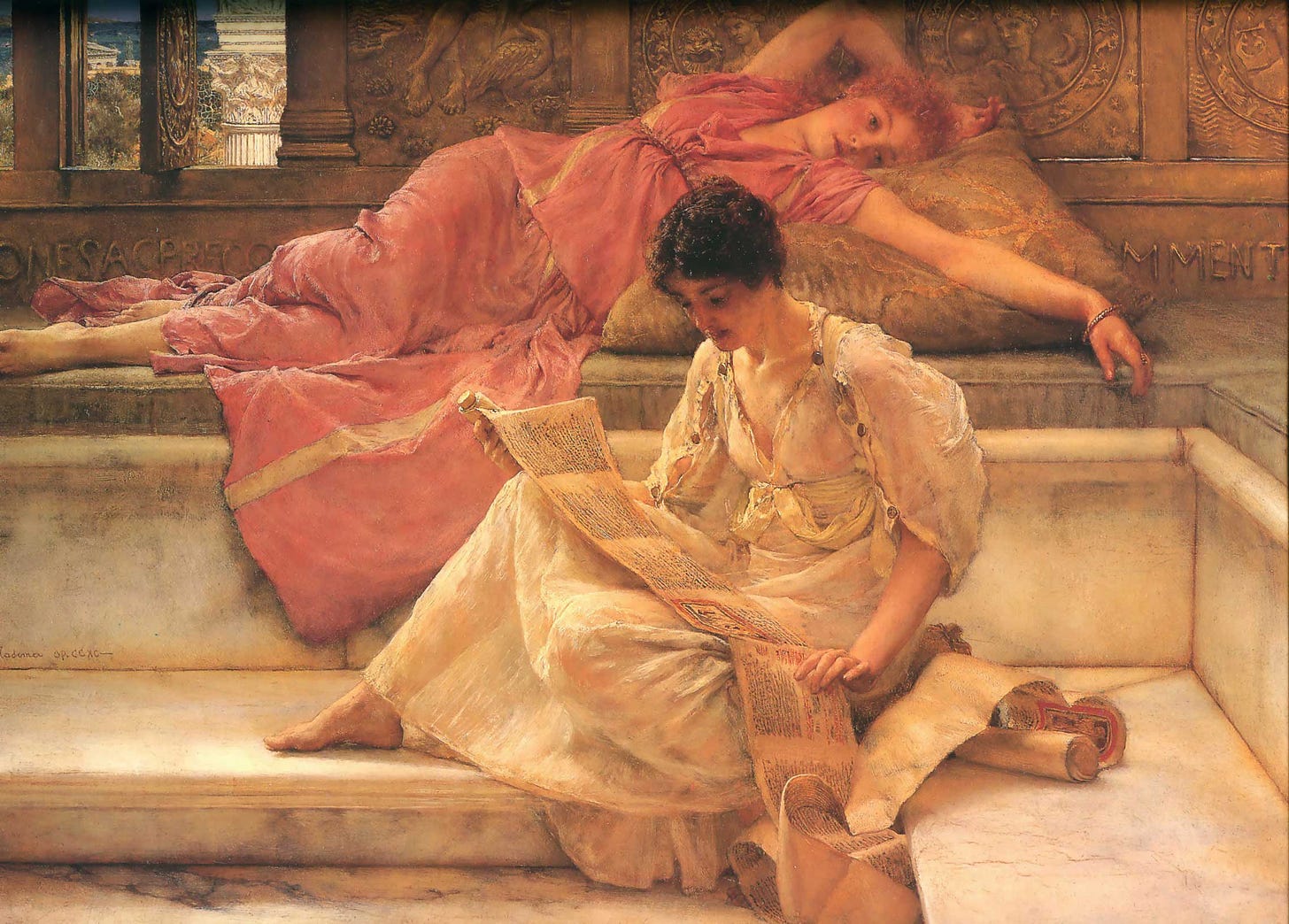Modeling
An early encounter with a published author
Joseph Monninger was a tall, handsome white guy with a gruff voice, short dark hair, and a boxy beard. He was reserved, a little stern. He lived in New Hampshire, he had a girlfriend, perhaps a wife, he loved trout fishing and talked about it romantically. He was my writing teacher for a couple weeks one …
Keep reading with a 7-day free trial
Subscribe to Meditations in an Emergency to keep reading this post and get 7 days of free access to the full post archives.


